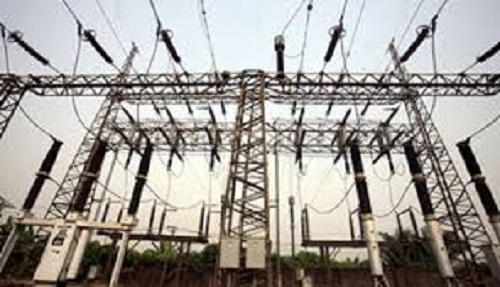…Government working with stakeholders for sustainable solutions
The Federal Government says it is exploring alternative financing instruments to address the estimated N2 trillion legacy debt owed to electricity generation companies, GenCos, a critical move stakeholders say could stabilize Nigeria’s ailing power sector.
Speaking at the NESI Stakeholders Meeting in Abuja, Eriye Onagoruwa, representing the Special Adviser to the President on Energy, acknowledged the severity of the debt burden and affirmed that the government is working with key fiscal authorities to find sustainable solutions.
“We’re empathetic to what GenCos are facing. Given current fiscal constraints, alternative debt instruments are being explored. The Coordinating Minister of the Economy and the Debt Management Office have expressed support, and internal approvals are underway.”
While she did not provide a firm timeline, Onagoruwa added, “Significant groundwork has been laid. I hope by the next NESI meeting; I’ll be able to share a clear update.”
The unresolved debt has been a major source of liquidity pressure in the Nigerian Electricity Supply Industry, NESI, undermining investor confidence and GenCos’ ability to sustain operations.
Another major highlight of the meeting was the ongoing transition to state electricity markets under the Electricity Act 2023. Eleven states have so far commenced the process, with seven states namely Enugu, Ondo, Ekiti, Imo, Oyo, Edo, and Kogi, already transitioned.
Stakeholders stressed the importance of capacity building, regulatory alignment, and readiness for private investment to support the decentralization process.
Also at the meeting, Onagoruwa provided updates on the Presidential Metering Initiative, aimed at closing Nigeria’s huge metering gap and ending estimated billing.
She confirmed that over six million meters will be deployed under the initiative, with funding drawn from multiple sources, including the Distribution Sector Recovery Program, DISREP, the Federation Account, and the Meter Asset Fund.
“End users will not pay for the meters. We are working to streamline installer certification, deploy meters first to high-consumption area, particularly Band A customers, and ensure a strong communication infrastructure for data.”
The full rollout is expected to begin in the fourth quarter of 2025, with coordination among DisCos, the Bureau of Public Enterprises, BPE, and the National Power Training Institute of Nigeria, NAPTIN, already in motion.


Comment here